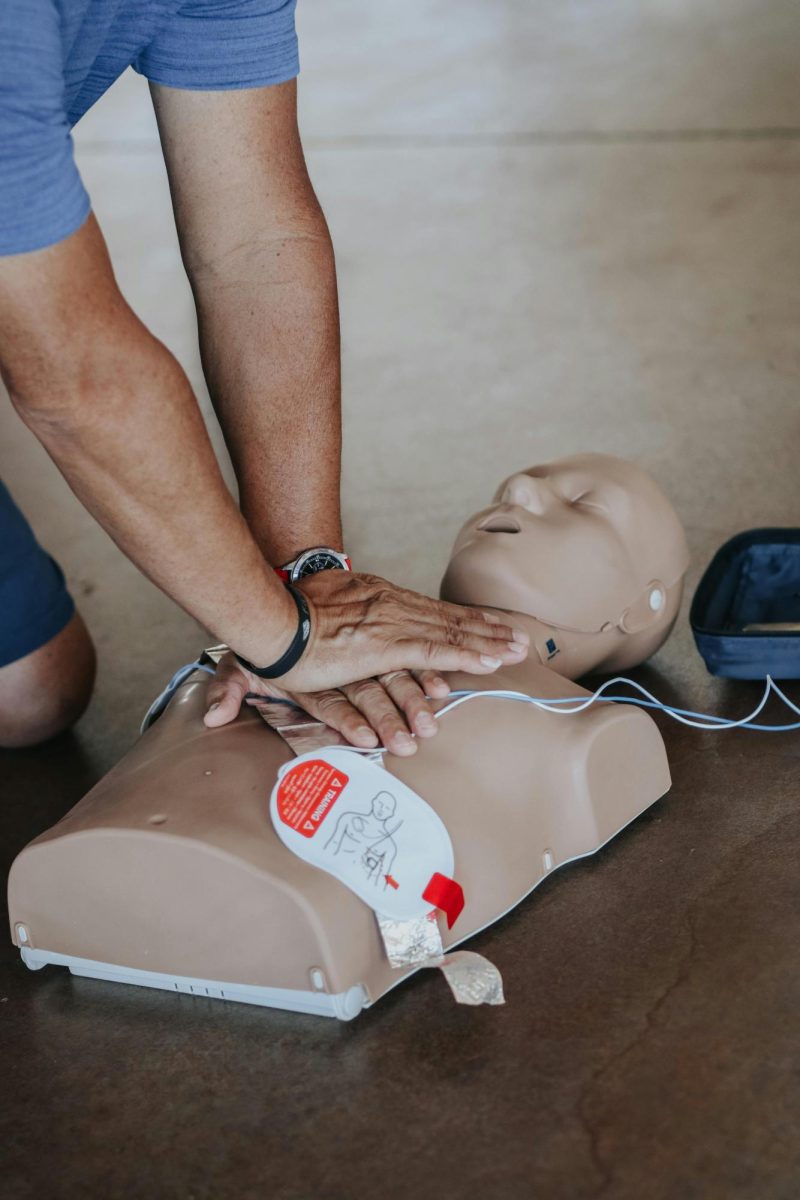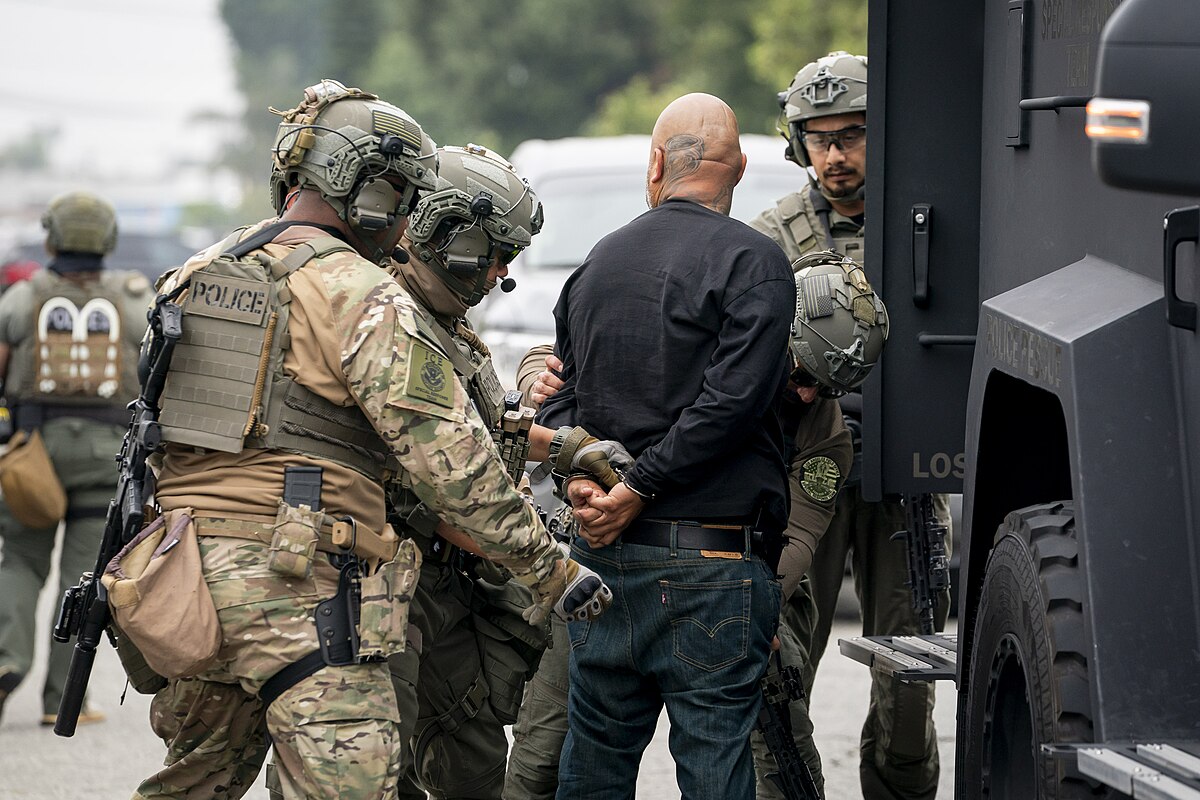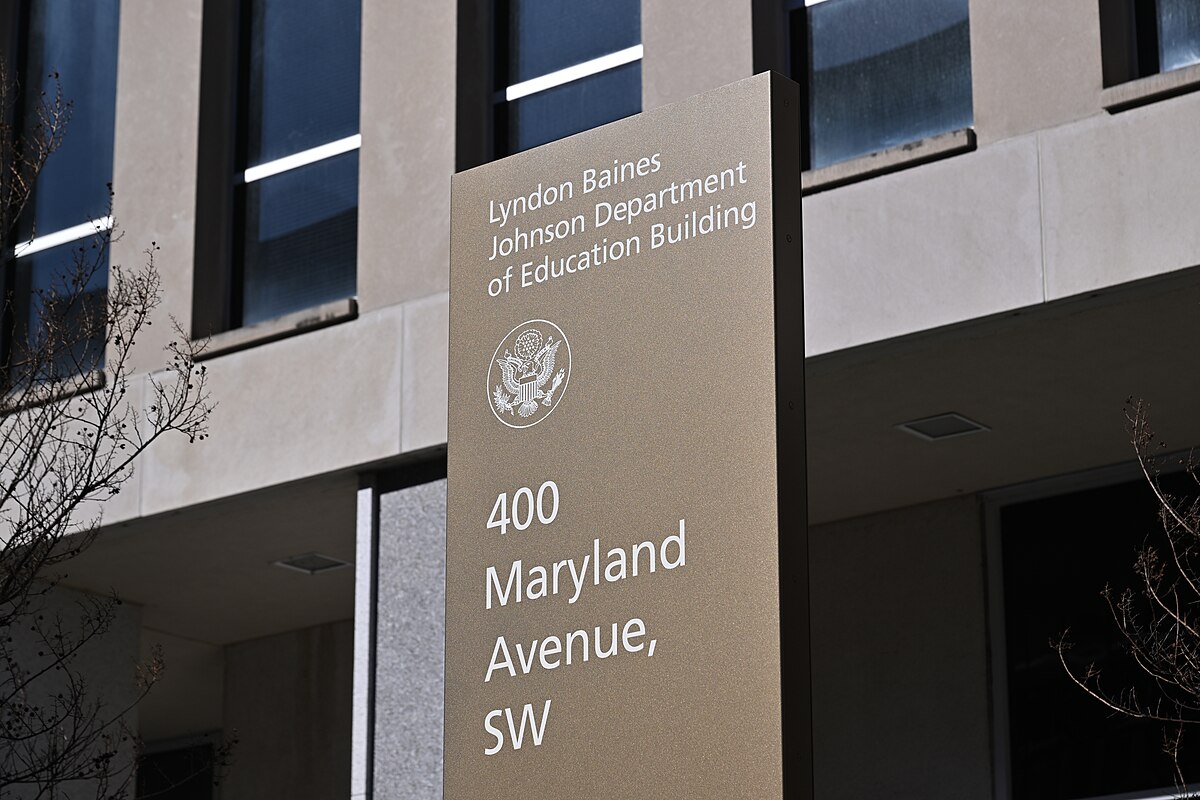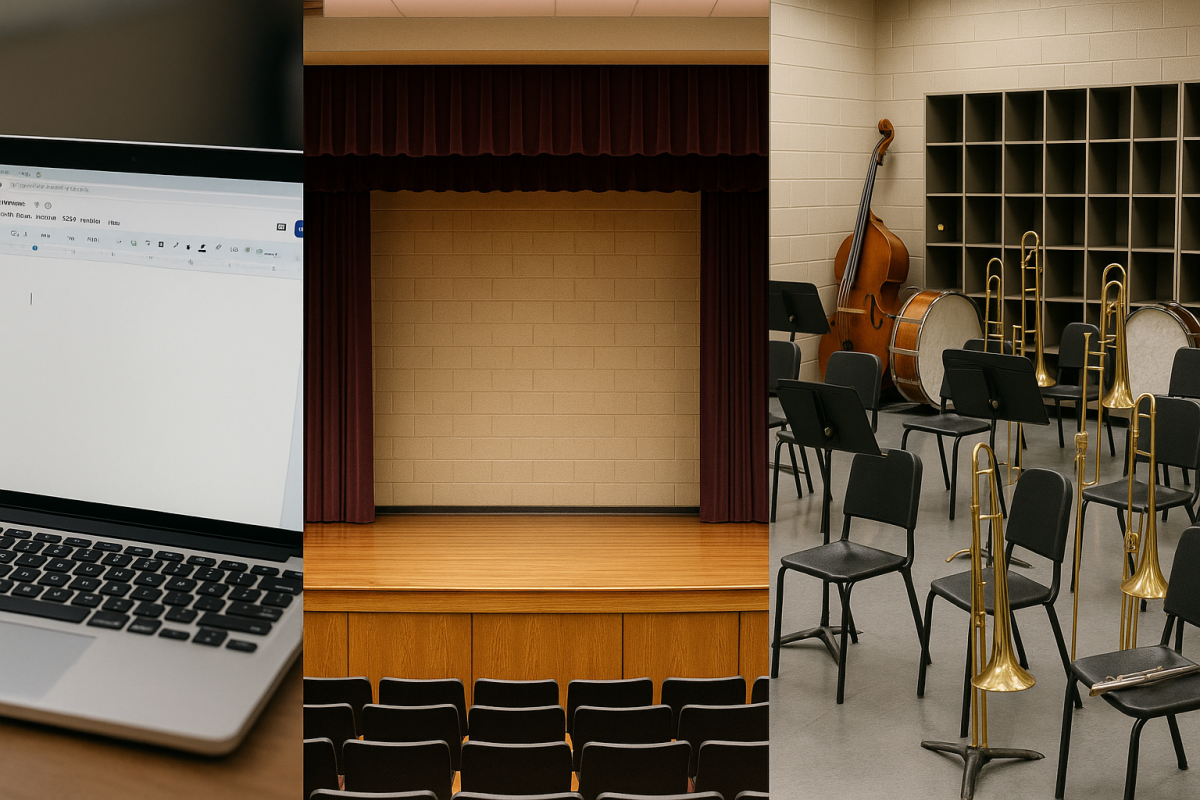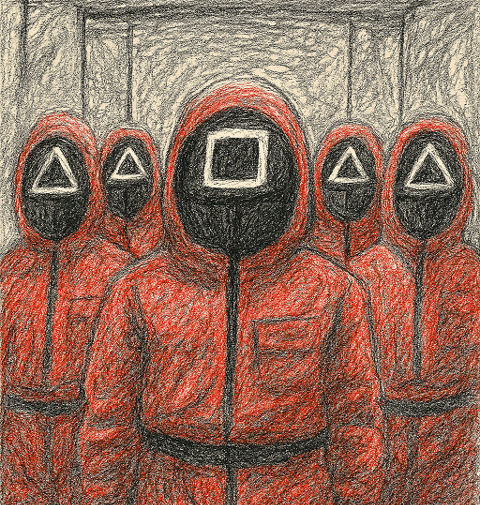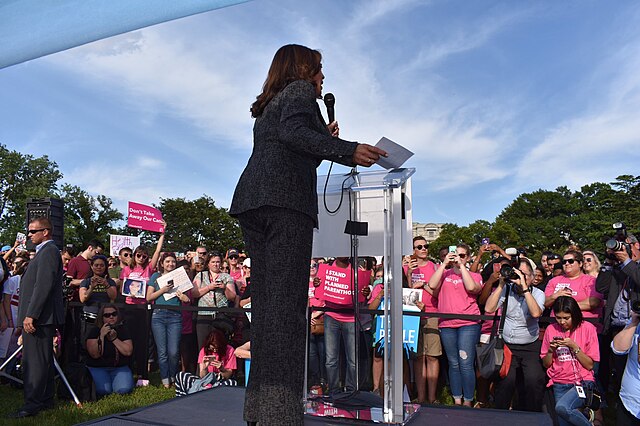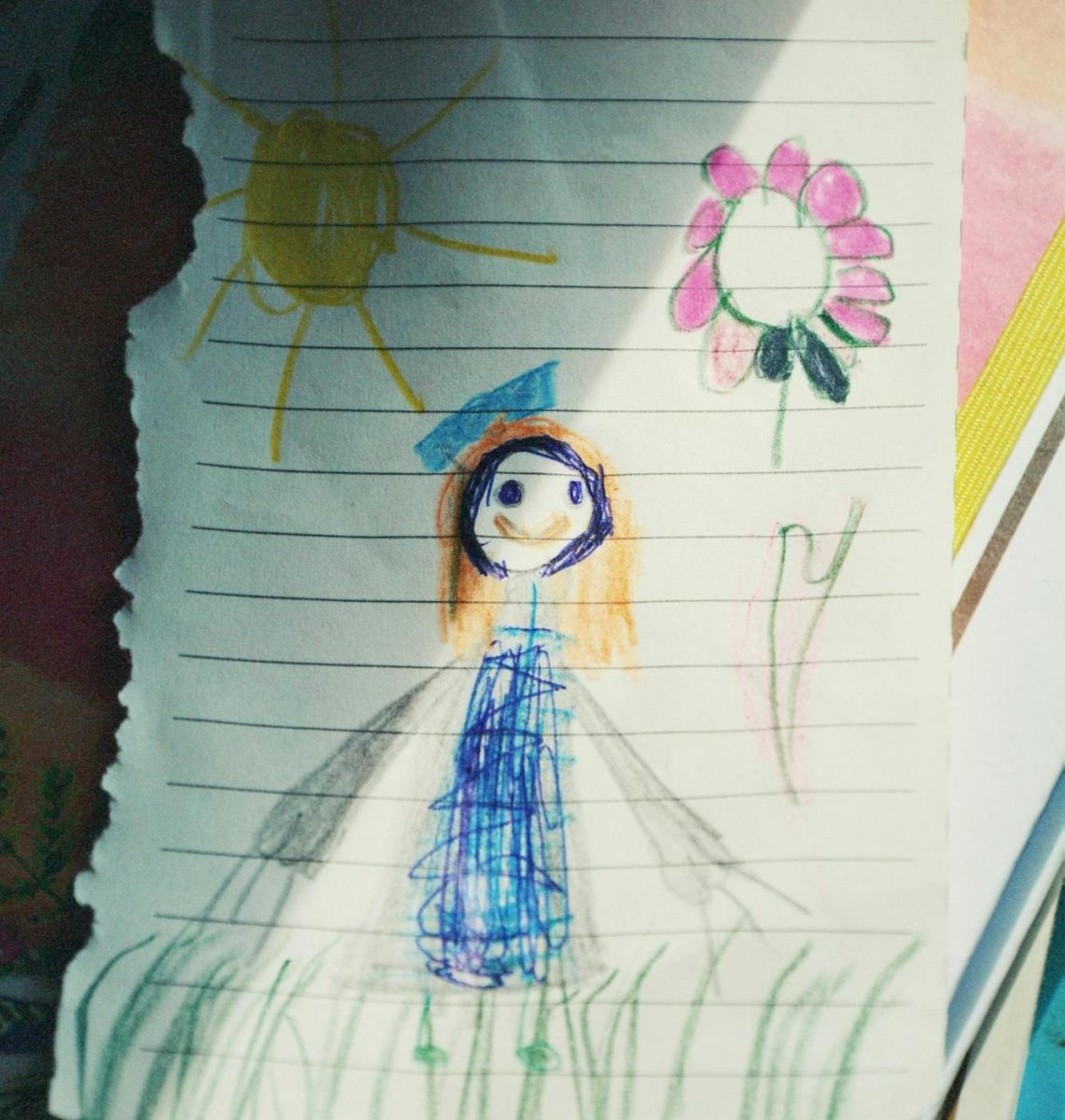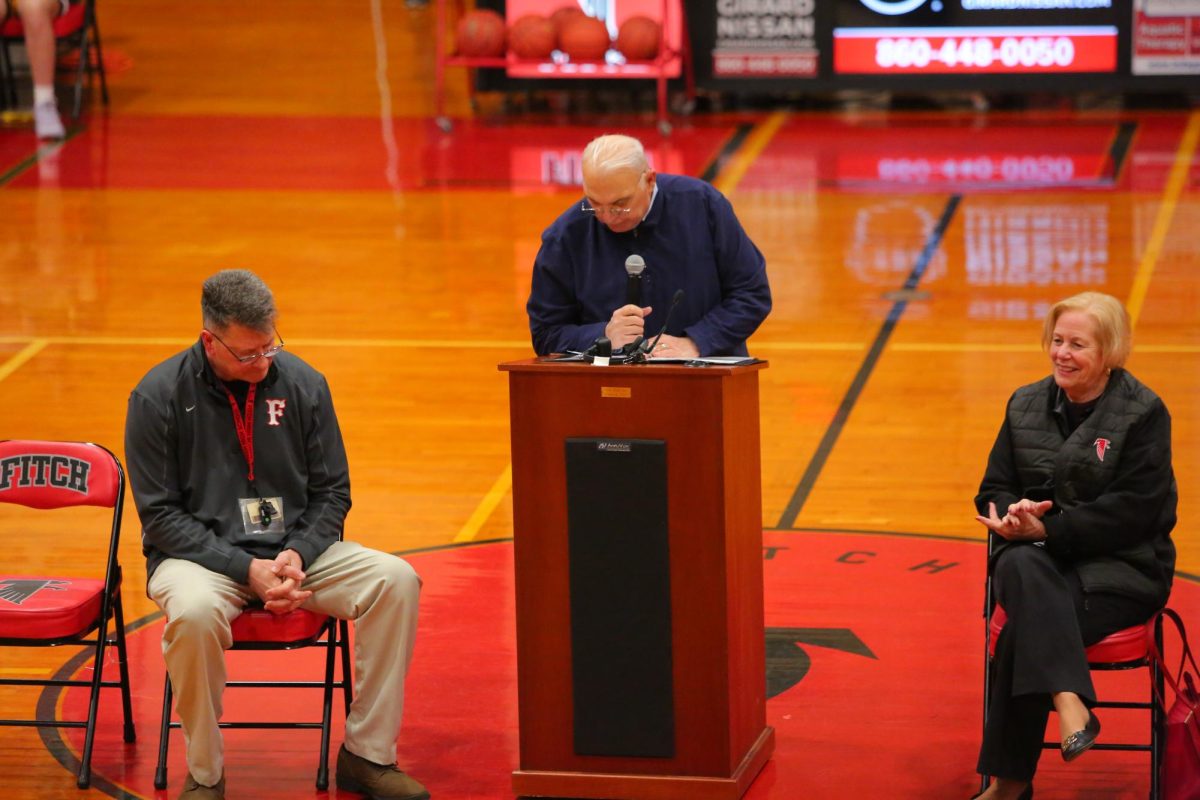What is the Russian Revolution and Why is it Important?
February 28, 2019
The Russian Revolution’s anniversary took place just this month, but most people do not even know the history behind it and its value. As a quick disclaimer, any opinions or ideals that are viewed by any parties involved in this event do not reflect my own ways of thinking. I have written this article with one intention only: to educate those who are unaware of its significance and history.
So, where to start? The Russian Revolution occurred in the midst of World War I during the year 1917. Technically, the revolution was divided into two revolutions that were bundled up together throughout the year. Though there is a lot to it, one must know the events leading up to the uprising to truly understand it. In the year 1861, Russia abolished serfdom, which is essentially a policy of servitude. This resulted in a migration of peasants to larger, more industrialized, and urban cities such as St. Petersburg. Interestingly enough, St. Petersburg’s name was changed to Petrograd because its original name sounded too German. In addition, peasants moved towards Moscow, the capital of Russia, causing a rapid growth in population and progress in industrialization (Russia notably lagged behind in terms of industrialization in comparison to the West). Due to this, there was an increase in poverty among the working class, who endured harsh famines that starved millions. In 1905, the citizens were so upset that they had a collection of peaceful protests; however, Grand Duke Vladimir, uncle to the Tzar (the monarch of Russia), ordered troops to fire upon the protesters in an event that came to be known as “Bloody Sunday.” As a result of this brute military force, the initial revolution collapsed before making any impactful reform or change.
In the following years, unrest increased within Russia, especially when the Tzar decided to join World War I. A majority of the population had a sense of revulsion towards Tzar Nicholas, a prominent reason being the influence that Rasputin had over the royal family. When the first revolution broke out in February, it was just a large number of protests that spiraled out of control. This caused the Tzar to back down and allow a temporary democratic government to take over. When this happened, Lenin, the leader of the communist movement within Russia, stepped up to the plate and arrived to assist the Bolsheviks in being part of the temporary government. A few scandalous months later, the Bolsheviks ascended to power by storming the headquarters of the temporary government and practically taking it over through force.
In comparing it to other revolutions, the Russian Revolution is very similar to the French Revolution that took place in the late 1700s. In both cases, the Royal Family was slaughtered, a small radical group seized power (i.e: the Jacobins during the French Revolution), and both Russia and France ended up transitioning into a dictatorship that turned their respective countries into a renowned military power.
Sources:
- https://www.nationalgeographic.com/archaeology-and-history/magazine/2017/09-10/russian-revolution-history-lenin/
- https://www.britannica.com/event/Russian-Revolution-of-1917
- https://www.history.com/topics/russia/russian-revolution

